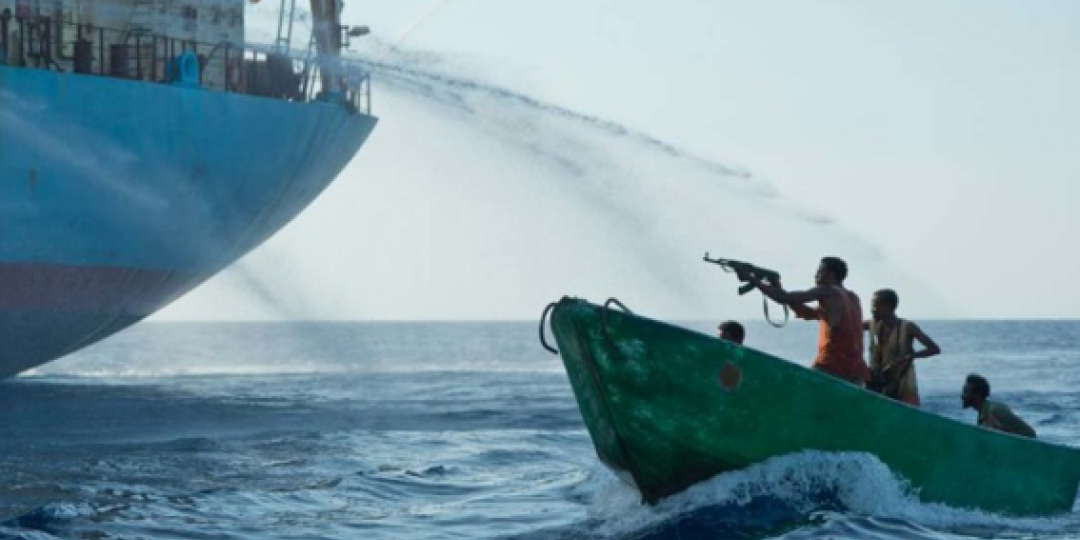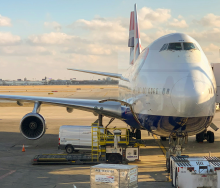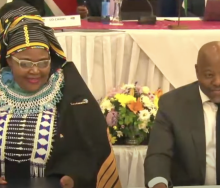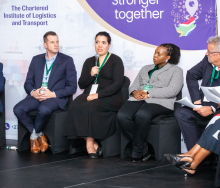Despite gains made in tackling seafaring criminal groups, "piracy incidents continue to threaten the safety of maritime traffic in the region," said Martha Pobee, United Nations assistant secretary-general for Africa in the Departments of Political and Peacebuilding Affairs and Peace Operations.
Pobee said this while addressing the UN Security Council recently.
She said since her last briefing on maritime security in November last year, there had been a steady decrease in piracy incidents in the Gulf of Guinea which was in large part due to interventions by national authorities and regional and international anti-piracy partners.
“Together, these effective deterrents against criminal groups have been buttressed by the ongoing operations of the so-called Yaoundé Architecture, established in 2013 with the signing of the related Code of Conduct by actors in the region affected by piracy,” she said.
Pobee also noted that four out of five interregional coordination centres are now functioning to harmonise anti-piracy efforts in accordance with the Architecture.
Such efforts, including forming joint naval task groups, have enhanced co-operations and information sharing while forging a centralised process for maritime security that bridges national and regional capacity gaps, she said.
However, gaps remain, Pobee cautioned, calling for increased support to fill them. These include such challenges as the lack of appropriate equipment and of sustainable financing to ensure the operationalisation.
"Rapidly addressing the challenges that hamper making the Yaounde Architecture fully operational is critical to maintaining current gains," she said.
Recent figures already suggest that "incidents are steadily shifting from the waters of West Africa towards the maritime domain of the UN Economic Community of Central African States.













